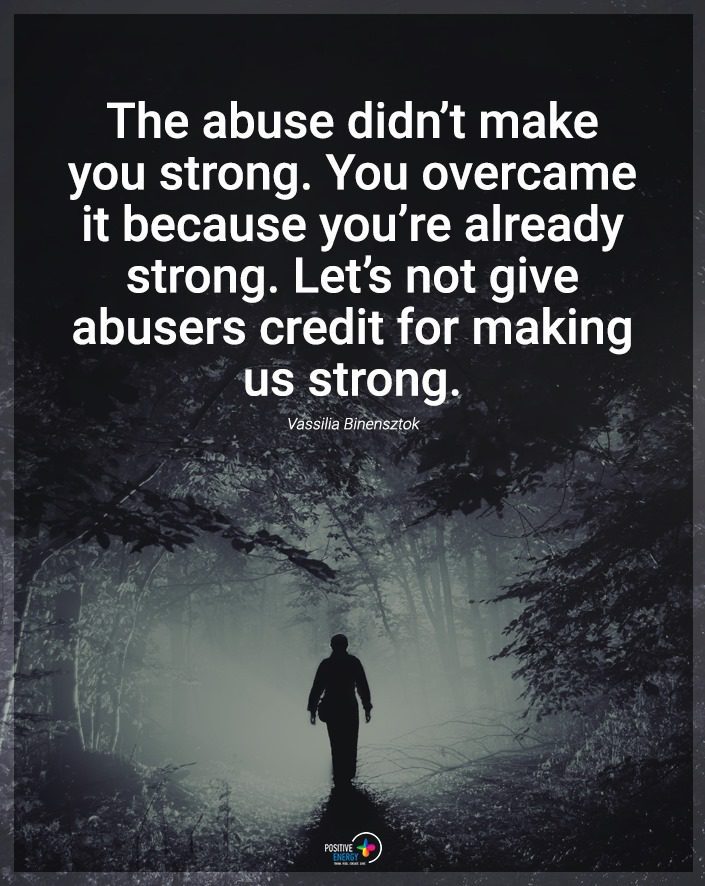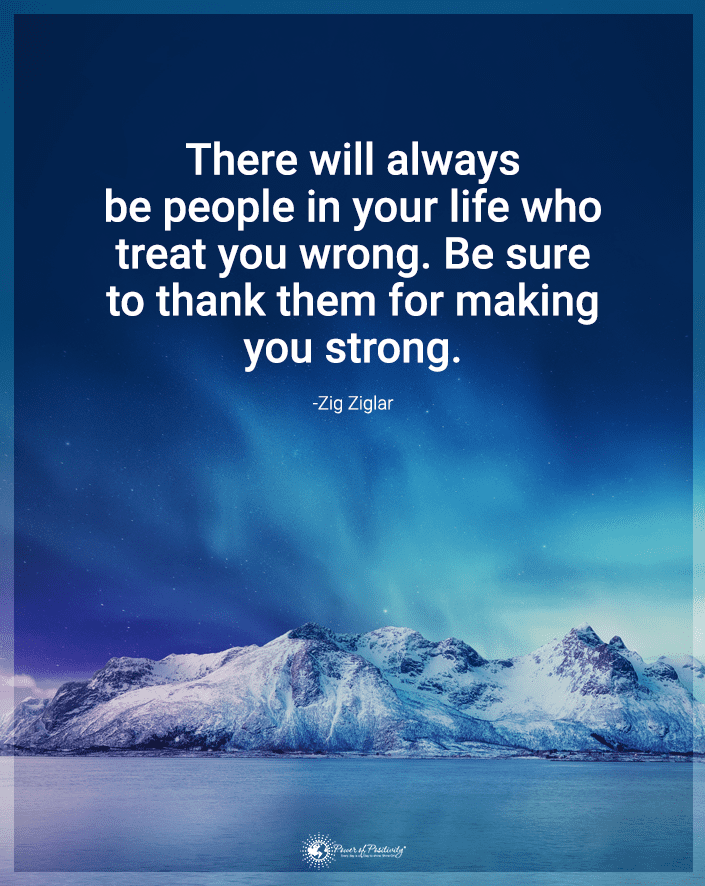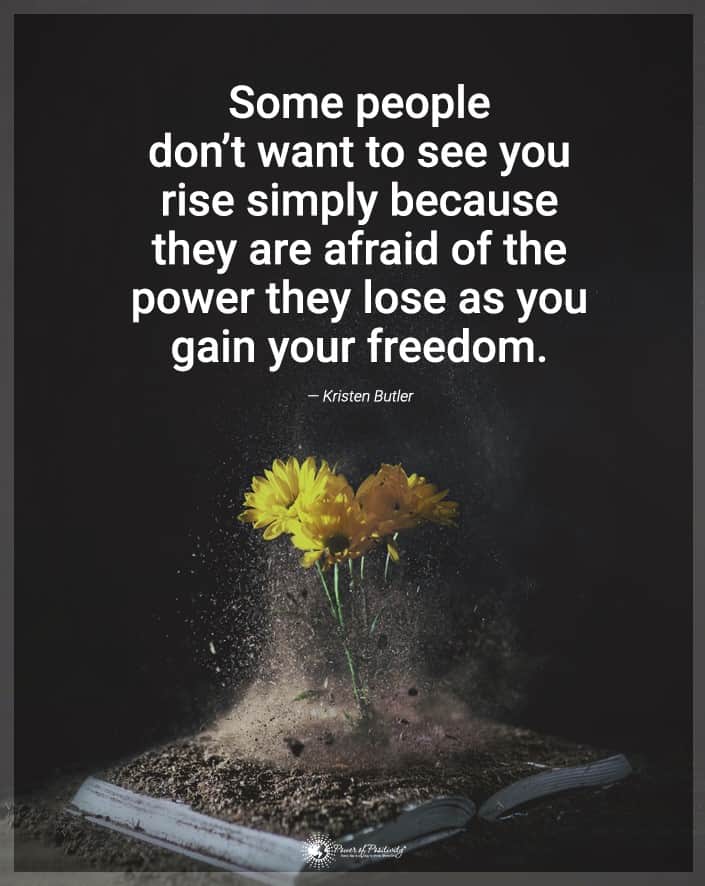The tragedy of sexual abusive relationships
According to the Rape, Abuse & Incest Network (RAINN), a person is sexually abused every 68 seconds in the United States. Every 8 minutes, the victim is an underage person.
Only 6 out of every 1,000 perpetrators of sexual abuse are jailed or imprisoned. Statistics are helpful to a point, but there is no number – no words – that can adequately describe the tragedy that is sexual abuse.
And sexual abuse is not always apparent. Many abusers are cunning manipulators. It isn’t uncommon for a victim of sexual abuse to experience a period of self-admonishment; faulting themselves for not recognizing the abuse.
Especially in a romantic partnership.
Who would suspect their partner to commit such an atrocity? The truth is that sexual abuse by intimate partners is far more prevalent than most people realize.
If you happen to be within this group, it is essential that you understand it is not your fault. Again, it is not your fault.
“Sexual narcissism can be defined as a grandiose sense of one’s sexual prowess which, in the mind of the sexual narcissist, entitles him or her to engage in acts of emotional and physical manipulation at the partner’s expense.” ~ Preston Ni, M.S.B.A.
5 Signs of You Are With a Sexually Abusive Partner

1. Anxiety
Most people who suffer from anxiety disorders don’t know why. However, for sexual abuse victims, this tension is directly attributable to the loss of bodily sovereignty. In other words, the sense of control over their own body has been taken away.
In the context of a partnership, this anxiety will surface often; including before, during, and after intercourse. Some victims become fearful and may suffer panic attacks, agoraphobia, or post-traumatic stress disorder (PTSD.)
2. Depression
This sign is also related to the loss of bodily autonomy. Victims usually develop some degree of depression; they may feel despondent, hopeless, or suffer from an impaired sense of self-worth. These feelings often range from mild to debilitating. Consider this finding by psychologist Ellen McGrath:
“In almost every case of significant adult depression, some form of abuse was experienced in childhood, either physical, sexual, emotional or, often, a combination.”
3. A sense of Inferiority
Abusers who target their partner do so out of the need to feel superior and in control – this is the narcissistic side of sexual abuse.
Every action of the abuser stems from their own inadequacies and insecurity. As such, it is common for the abuser to “target their partners for ridicule, shame, sarcasm, and overall marginalization,” says Preston Ni.
Imparting a sense of inferiority is outright emotional abuse which, subsequently, becomes sexual abuse.
4. Fear of Reprisal
Fear of retaliation often stems from being uncomfortable about the situation. For example, we’re all a bit hesitant when trying something new in the bedroom; but engaging in a sexual act and feeling uncomfortable with it, and becoming fearful at the thought of telling your partner about your discomfort are two entirely different things.
It’s a sign of emotional and sexual abuse.
5. Lack of Pleasure
Sex should be intimate, loving, and fun. Under normal circumstances, two adults engage in sex because it’s enjoyable. For the victim of sexual abuse, there is no pleasure to be had from sex with their “partner.”
When a person is too absorbed in their own satisfaction, they inevitably demonstrate little to no concern for others’ well-being. It becomes impossible, then, to obtain pleasure from any romantic activity, sex or otherwise.
6. Unwanted or Nonconsensual Sexual Contact
If you’re in a sexually abusive relationship, your partner may try to initiate sexual contact without your consent. This demonstrates a complete lack of respect or care for you as a human being, much less a partner in a relationship. Sexual abusers don’t care about the other person’s needs, however, as long as they can fulfill their own twisted desires.
Just because you’re in an intimate relationship with this person, it doesn’t mean you’re obligated to say ‘yes’ to them every time. If they still don’t listen after you turn them down, this is a clear sign of sexual abuse.
7. Your Partner Demands Intimacy Even When You’re Sick or Tired
If your partner regularly disregards your feelings when it comes to sex, this means they’re only in it for themselves. A caring, loving partner would obviously understand when you’re not in the mood, especially if you feel sick or tired. However, in a sexually abusive relationship, the abuser only cares about meeting their needs. To them, you’re just making an excuse to justify your lack of interest.
8. Holding You Down or Restraining You During Sex
In a sexually abusive relationship, your partner may attempt to pin you down or restrain you during sexual acts. This is their way of exerting control and power over you to maintain their superiority. It’s fine if you agree to this beforehand and you’re in a stable, healthy relationship. However, an abusive relationship is one-sided, rooted in domination, insecurity, and self-gratification.
9. Normalizing the Behavior
The first few times it happens, you may excuse your partner’s behavior as a strange phase or mistake. Maybe you think things will go back to normal and try to forget about the abuse. However, a sexual abuser doesn’t have boundaries and won’t accept being told ‘no.’ Any attempt to reason with them will just be met with aggression or silent treatment.
They will instead gaslight you, making you believe that they’re the victim in all this. If you remain in a sexually abusive relationship, you may start to tolerate the abuse as it seems normal to you. Unfortunately, this game of deception was part of the abuser’s plan all along.

10. Your Partner Calls You Degrading or Disrespectful Names
In a sexually abusive relationship, your partner will feel entitled to disrespect you both verbally and physically. A relationship rarely involves only one form of abuse since the perpetrator craves total domination over their partner. They may become angry or frustrated when you don’t do as they say, and misuse their power by yelling or calling you names.
They may also bring up any negative sexual encounters from your past to further lower your self-esteem. The sexual abuser wants to disempower their victims to make them easier to control.
11. In A Sexually Abusive Relationship, Your Partner Will Force You To Do Things You’re Uncomfortable With
Another warning sign of a sexually abusive relationship is your partner disregarding your boundaries and bodily autonomy. It doesn’t matter if you’re uncomfortable with what they’re suggesting; they still expect you to cater to their desires. Remember, it’s all about their pleasure; to them, you’re simply a means to satisfy their needs.
12. They Will Act Jealous and Controlling
Many women in sexually abusive relationships report having partners who are emotionally abusive as well. According to a survey by the National Institute of Justice, “women whose partners were jealous, controlling, or verbally abusive were significantly more likely to report being raped, physically assaulted, and/or stalked by their partners.” Having a verbally abusive partner predicted that women would suffer sexual abuse more than any other variable.
Statistics About Domestic Violence and Sexual Abuse
According to the National Coalition Against Domestic Violence, one in five U.S. women will become rape victims in her lifetime. In addition, nearly 50% of women and 20% of men will experience sexual violence in other ways besides rape. Sadly, sexual assault in relationships is far more common than people realize, as these sobering statistics reveal.
- Intimate violence that occurs in sexually abusive relationships causes physical injury more often than with strangers or acquaintances.
- Between 14% and 25% of women will experience sexual assault by partners in a relationship.
- Between 40% and 45% of women in abusive relationships will also become victims of sexual violence during the relationship.
- Over 50% of women raped by a sexually abusive partner experience multiple sexual assaults by the same partner.
- Women in sexually abusive relationships are at a higher risk of intimate partner homicide than non-sexually abused women.
- Victims of intimate partner sexual abuse have a high risk of developing severe, chronic physical and mental health conditions, similar to other rape victims. They have higher rates of depression and anxiety than both women raped by a non-intimate partner as well as victims of physical, non-sexual abuse.
- Between 10% and 14% of married women will experience rape at some point during their marriage.
- 18% of female victims of marital rape report that their children witnessed the crime.
- Most victims of marital rape never report the crime, unfortunately. Only 36% of all rape victims ever go to the police for help; among them, only about 25% of married women report spousal rape to police.
Get Support With Your Sexually Abusive Relationship
If you or someone you know is the victim of sexual abuse, please contact local law enforcement or the National Sexual Assault Telephone Hotline (NSATH) at 1-800-656-HOPE (4673).
Here’s what you can expect when calling NSATH:
- Confidential support from a trained staff member
- Support finding a local health facility that is trained to care for survivors of sexual assault and offers services like sexual assault forensic exams
- Someone to help you talk through what happened
- Local resources that can assist with your next steps toward healing and recovery
- Referrals for long term support in your area
- Information about the laws in your community
- Basic information about medical concerns

Final Thoughts on Getting Help in A Sexually Abusive Relationship
No one deserves to remain in an abusive relationship of any kind, but many victims stay out of fear or lack of resources. However, please know that if you’re experiencing abuse in a relationship, you can get help and leave your abuser. A happier, safer life awaits you beyond this relationship, where you no longer have to live with constant anxiety and terror.
If you need help immediately, call the National Sexual Assault Telephone Hotline (NSATH) and the will direct you to a local domestic violence program. They will provide support and encouragement, and help you formulate an action plan to get out of an abusive situation.



















